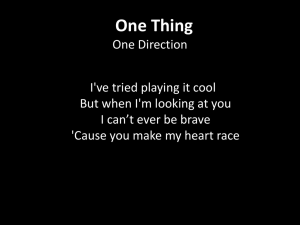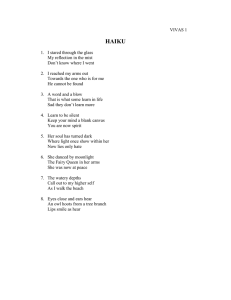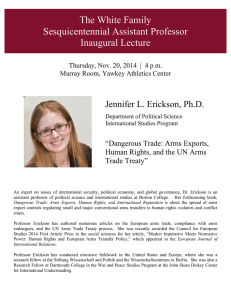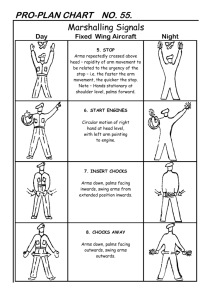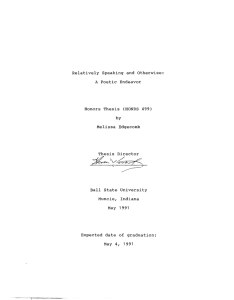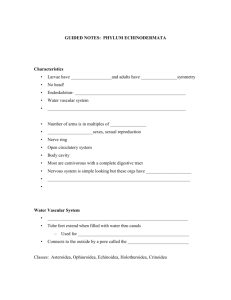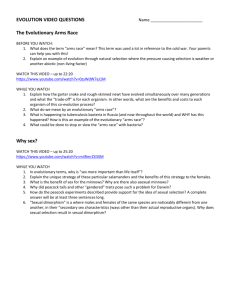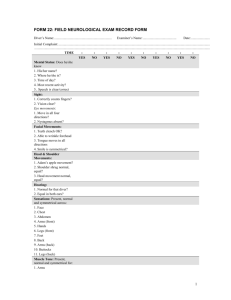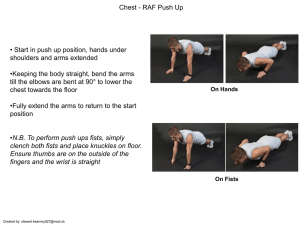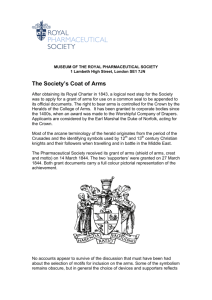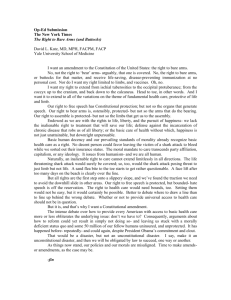Lecture / Discussion Page - Security Theory and Peak Oil
advertisement
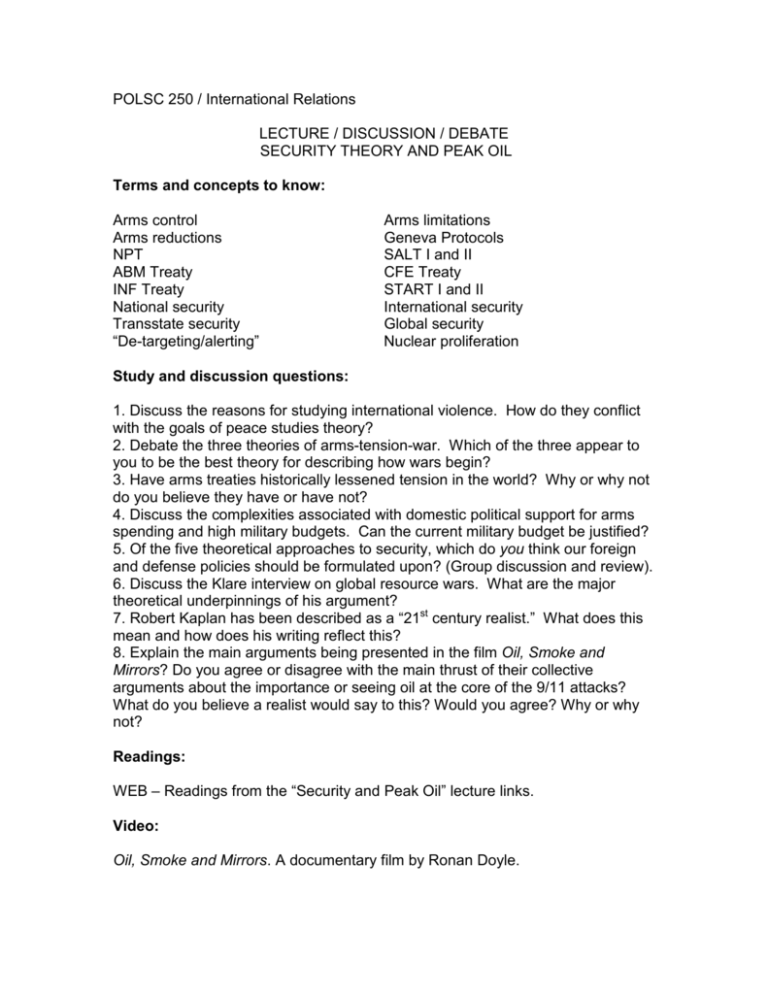
POLSC 250 / International Relations LECTURE / DISCUSSION / DEBATE SECURITY THEORY AND PEAK OIL Terms and concepts to know: Arms control Arms reductions NPT ABM Treaty INF Treaty National security Transstate security “De-targeting/alerting” Arms limitations Geneva Protocols SALT I and II CFE Treaty START I and II International security Global security Nuclear proliferation Study and discussion questions: 1. Discuss the reasons for studying international violence. How do they conflict with the goals of peace studies theory? 2. Debate the three theories of arms-tension-war. Which of the three appear to you to be the best theory for describing how wars begin? 3. Have arms treaties historically lessened tension in the world? Why or why not do you believe they have or have not? 4. Discuss the complexities associated with domestic political support for arms spending and high military budgets. Can the current military budget be justified? 5. Of the five theoretical approaches to security, which do you think our foreign and defense policies should be formulated upon? (Group discussion and review). 6. Discuss the Klare interview on global resource wars. What are the major theoretical underpinnings of his argument? 7. Robert Kaplan has been described as a “21st century realist.” What does this mean and how does his writing reflect this? 8. Explain the main arguments being presented in the film Oil, Smoke and Mirrors? Do you agree or disagree with the main thrust of their collective arguments about the importance or seeing oil at the core of the 9/11 attacks? What do you believe a realist would say to this? Would you agree? Why or why not? Readings: WEB – Readings from the “Security and Peak Oil” lecture links. Video: Oil, Smoke and Mirrors. A documentary film by Ronan Doyle.
